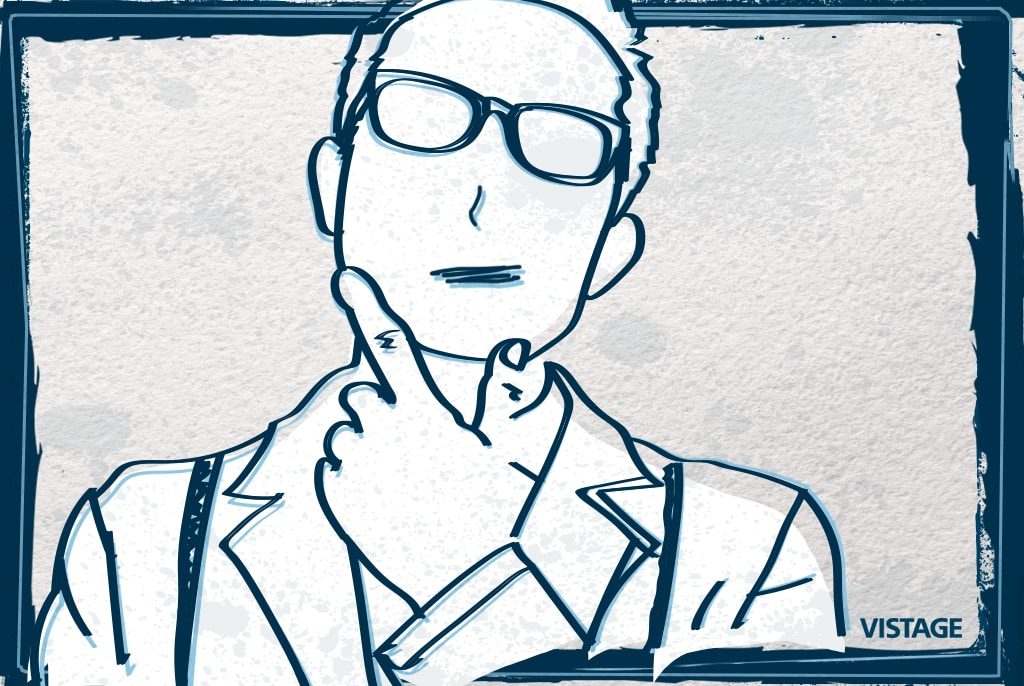The bad emotions that can derail our decision making

How do you react when you are angry or scared? Do you take that anger and fear to work with you? Are you in control when you are upset?
We are all rational and intelligent human beings, or so we believe. Some of us even have college degrees, MBAs or other advanced degrees. So presumably, all our business decisions should be well thought out and logical with predictable outcomes. Not so fast! My observation is that many of our decisions and behaviors are in fact determined by our emotions, and sometimes these decisions have negative results.
The Human Brain
All leaders should be familiar (at a layman’s level) with neuroscience and the three major parts of the brain, and how that drives our behavior. First we developed the reptilian brain—which governs our instincts. Our ancestors responded rapidly to sensory input, and the fight or flight response is a dominant instinct for survival (along with eating and procreating). Then we developed our limbic system, which governs our emotions. We learned to “feel”, and those feelings can be good or bad (just stop and think about how many buying decisions we have made because it made us “feel good”). Finally, and lastly, we developed the neocortex which governs our thinking and our intellect. These all took thousands of years to develop and even though the neocortex is the larger and more sophisticated of the three—it is still the last part of the brain to get the message. And the first two parts are still alive and well.
Positive and negative emotions really drive our decision-making. So our nature dictates that once our survival is assured, we pass through our emotional filter before we get to clear thinking. Here is a sample of emotions that drive bad decisions.
- Fear of the unknown, and fear or dislike of the competition. Many times this fear is irrational and results in us making a bad decision, or very often not taking any action at all which might be worse. It would be more “logical” if we would just develop the best products and provide the best service.
- Relationships with family and friends in the workplace. We have experience and history with our family and friends. There is therefore a pre-existing positive or negative context and bias toward all these people. We see this a lot in family owned business, but our pre-loaded bias usually dictates how we behave with and make decisions involving these people, often to the detriment of the business.
- People you just don’t like or respect. We’ve all had them. Bosses and co-workers that drive us crazy. We think they are incompetent, and at best, annoying. Why should I listen to them? Admit it—we often make decisions because of, or in spite of, these people’s input. And most often—we choose to avoid confrontation and intellectual, unbiased, discussion.
So the challenge is to keep our emotions in check.
- Take a deep breath. Stop and ask whether you are approaching this situation in an intellectual way, or an emotional way. Frankly—it is probably both.
- Shift your perspective. Imagine if you were an outsider looking into your situation—what would an objective advisor say? You probably can’t eliminate emotion completely—but at least try to manage it.
- Make an intellectual decision and check with an unbiased party. Check with your advisors, peers, superiors and subordinates to make sure this decision is unbiased.
Always make the best decisions you can, but remember we are human after all.
Category: Leadership
Tags: Decision Making, decisions, Emotions

